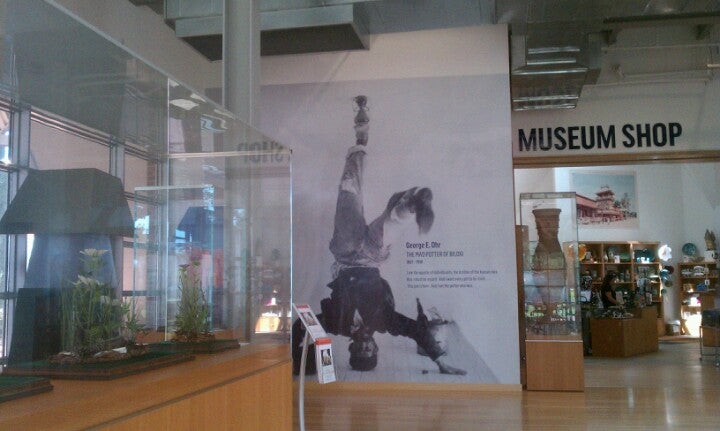PANAMA CITY BEACH — Some random thoughts as Thanksgiving permeates the atmosphere:
- If you’re keeping count, on the day this appears in the paper there will be 29 days remaining until the end of the world, or possibly until the end of the Mayan “long count” calendar, depending on your point of view. Question: What would you do if you believed the world would end in a month? I’m betting Black Friday would be farthest from your mind.
- Speaking of which: By the time the sun was rising last Black Friday, I was trying to go to sleep after a night of shopping beyond my means with my family. I upset some people by posting a photo tagged “Occupy Walmart” just before the frenzy started on the DVD aisle.
I don’t think we’ll be doing that this year, though I might be unpleasantly surprised before it’s over. Question: Do you try to hit the after-Thanksgiving sales (or this year, the actual Thanksgiving Day sales)?
- A highlight of the season last year was attending the improv-heavy performance of “Every Christmas Story Ever Told (and Then Some)” at the Seaside Repertory Theatre. The REP is once again putting on the show every weekend in December. You never know quite how it’s going to go, kind of like the actual holiday — and also like the actual holiday, there will be laughter and tears.
- The election is over. Get over it. Unless you think it’s a sign the Mayans were right, in which case it doesn’t matter any way, so get over it.
- We have been house hunting for some time now, despite the impending end of the world, and it looks like we’re close to closing on one at last. I have enjoyed renting for the past few months, because the honey-do list shrinks significantly when you don’t have to worry about home maintenance so much. But now I’m looking forward to having a place to call our own again — and to having a place for all my books again.
If all goes well, and the world doesn’t end, we’ll be there before Christmas. If you don’t mind, I’m going to give thanks ahead of time for the continuation of life as we know it, and for a place to share with my family.
- Finally, please join me in extending condolences to the family of Tony Jordan Simmons (no relation), who died Saturday after a long struggle with COPD. When I first came to work for The News Herald in 1993, I received several phone calls from people who thought he had taken a job with the paper after retiring from his career as an officer with the Panama City Police Department. He even called me once to say hello, after he got some calls at his home from people who thought he might be me.
Now my thoughts and prayers go out to his family as they must say goodbye.
Peace.
---
(This was my Undercurrents column this week.)























